Gallery
Photos from events, contest for the best costume, videos from master classes.
 | |
 |  |
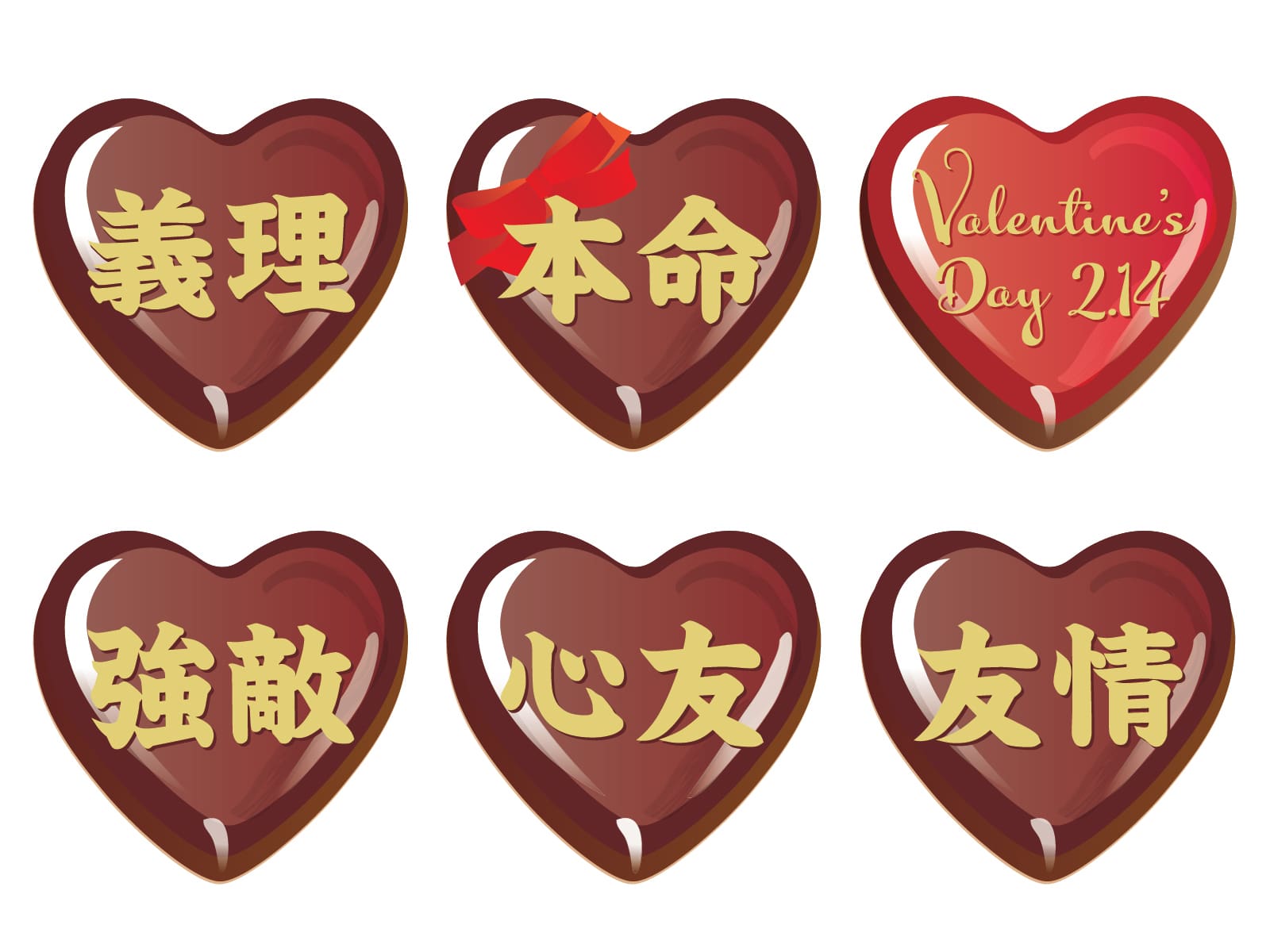 | 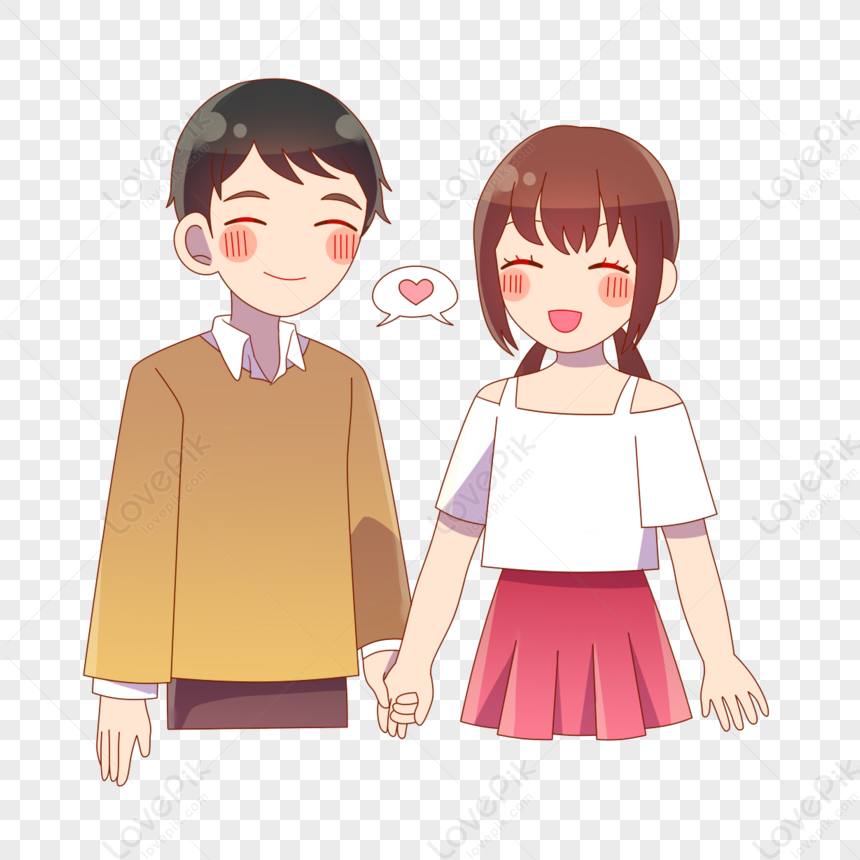 |
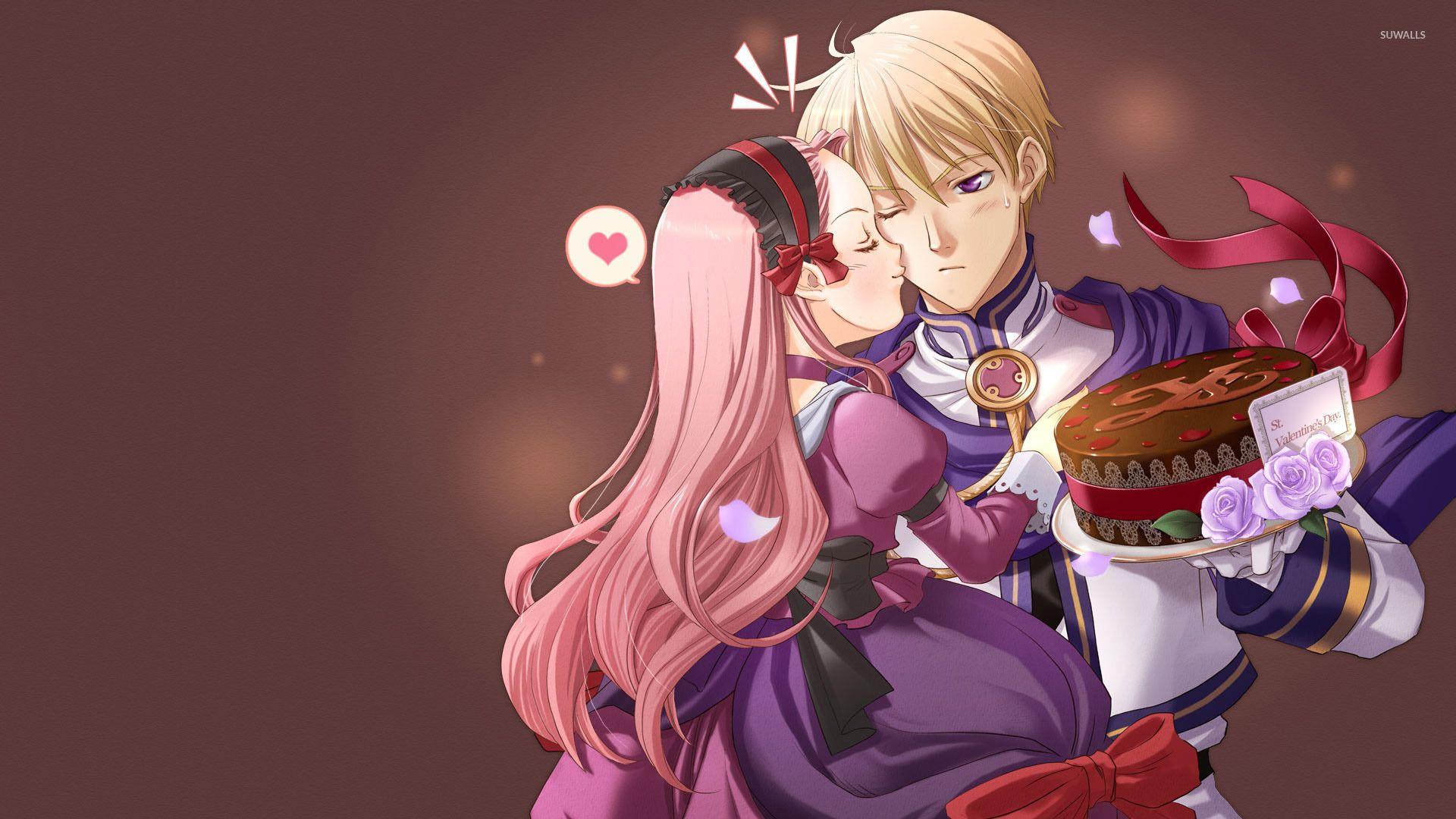 |  |
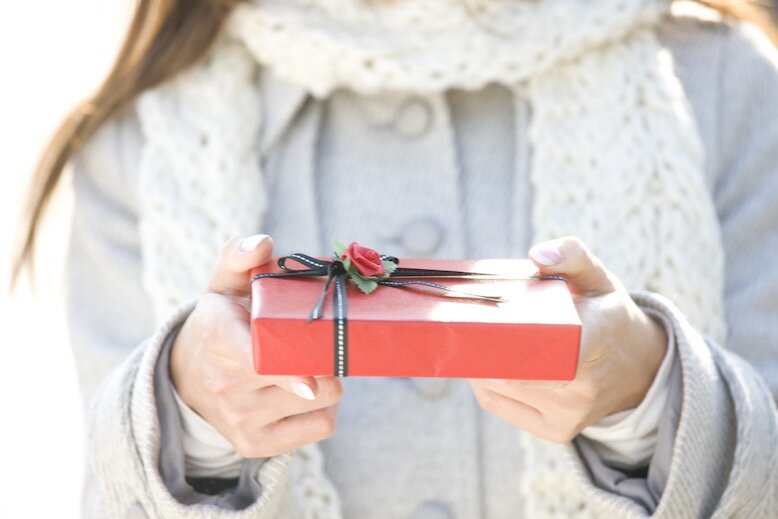 | 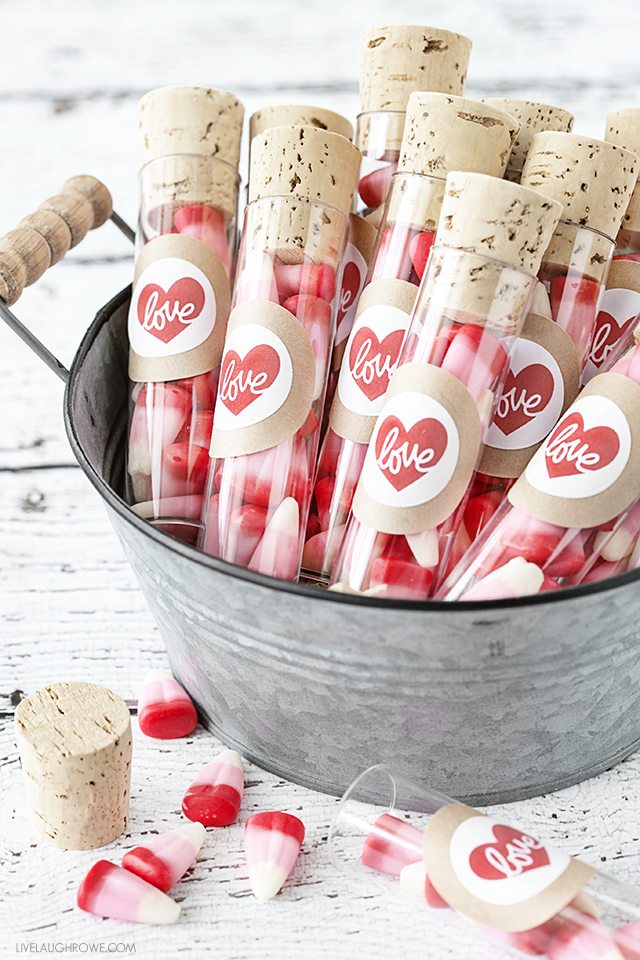 |
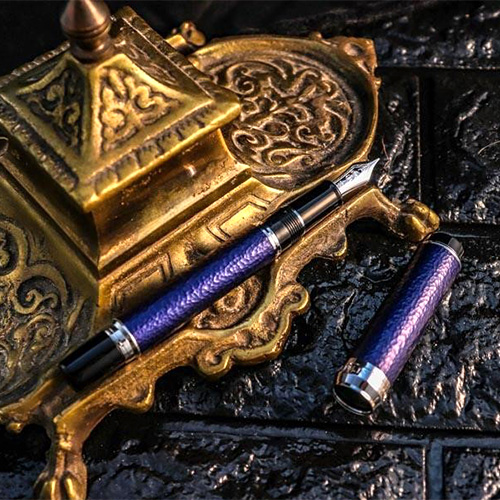 |  |
In Japan, women give chocolates or small gifts to men on Valentine’s Day. This tradition is slowly changing, but it is still different from how other countries celebrate. Valentine’s Day in Japan has a unique history and customs that many foreigners find interesting. According to the Japan Chocolate & Cocoa Association, this custom started Valentine’s Day in Japan is a day when romance, tradition, and sweet gestures come together. On this special day, you can find signs of love and warm affection everywhere, from mythology and natural symbols to unique gifts embodying Japanese culture's essence. These practices make Valentine's Day a fantastic celebration of love in all its forms! Recent changes in Japanese Valentine’s Day traditions. Although it has become traditional for girls to give chocolates on Valentine’s Day and boys to reciprocate on White Day, many Japanese woman have recently been pushing back against what they see as a stressful practice of ‘forced giving’. Japanese people don't offer present cards, neither on Valentine's Day nor on White Day. Traditionally, men must offer a gift whose value is twice or thrice than those of the chocolates they received for Valentine's Day (it's called 三 倍 返し / sanbaigaeshi). Despite being a relatively new event in the country, Japan has its very own Valentine’s Day customs and traditions. For starters, the roles are actually reversed and it is women who bear the pressure of giving gifts. There are two main types of Valentine’s Day chocolate in Japan, based on who you’re giving them to and what they are meant to convey. “Giri choco” loosely translates as “obligation chocolate”, and it’s a simple gift of appreciation given to friends, bosses, co-workers, family members, and other men who aren’t viewed as romantic partners. Though there is gift giving, confessions, and genuine love in the air during Valentine’s Day in Japan, some notable differences set it apart and make it truly special – or in some cases, tedious! – for all the lovebirds living in the tiny island nation. By establishing a day when it was acceptable for women to take risks and confess their feelings in Japan, chocolate makers and gift sellers not only found a great marketing opportunity, but also helped change the way men and women interacted in Japan. Unlike that, Reporting from the pocketra.co page, Valentine's Day in Japan makes women a gift giver, especially giving candy or chocolate to men. Unlike the various choices of gifts in Western countries, Japan associates Valentine's Day with chocolate and the right amount to show it. White Day in Japan (March 14th) Now, if you were thinking, “that’s a little unfair that the guys get all the gifts!” – don’t worry, because just a month later, on March 14th is when men are supposed to reciprocate all the love they received on Valentine’s Day. Japanese traditions surrounding Valentine's Day A unique cultural approach to love. In Japan, Valentine's Day has a cultural peculiarity that distinguishes it from other countries. Unlike Western traditions, it is the women who give gifts, primarily chocolates, to men. These chocolates are not limited to the loved one: Valentine's Day Gifts From Bokksu Boutique. This Valentine's Day, step into Japan’s love scene with Bokksu Boutique's exclusive 2024 Valentine's Collection. The gifts are testaments to the beauty, tradition, and innovation of Japanese culture, offering a unique way to express your love and appreciation. It is an uncommon gift on Valentine’s Day, as men are traditionally expected to reciprocate Valentine’s gifts a month later, on White Day. Commercial Impact. Valentine’s Day has become a major retail holiday in Japan, with businesses and confectioners seeing significant sales during this period. White Day happens exactly one month after Valentine’s Day on March 14th, and is basically a reply day for Valentine’s Day. Men/people who received chocolate on Valentine’s Day are expected to return the favor by gifting chocolate to women/Valentine’s Day chocolate givers. Valentine's Day in Japan is a unique and fascinating celebration that differs significantly from how it is observed in many other parts of the world. Unlike the Western tradition, where Valentine’s Day is typically an occasion for couples to exchange gifts and express their love mutually, Japan has developed its own distinct customs and practices that make February 14th a day of cultural Valentine's Day is celebrated worldwide, but traditions vary greatly. This article explores diverse cultural celebrations of love, from Japan's reciprocal gift-giving on Valentine's Day and White Day to China's Qixi Festival and Argentina's In most places celebrating Valentine’s Day, women can expect chocolates, flowers and a romantic dinner from their partner. However, in Japan, it’s the opposite: women give chocolates to the men in their lives—from their boyfriends to their coworkers—although not all chocolates are equal. The special men in their lives receive honmei choco, “true feeling” chocolates, while The holiday gained popularity in Japan around 1958, but it was in the late 1970s that Valentine’s Day became a part of Japanese society. The “Japanese-style Valentine’s Day” also emerged, where women express affection by giving chocolates to men. So I've been wondering about the gift-giving tradition on Valentine's; I understand that typically, it is women who are giving men chocolates on this day, and it would be vice versa on White Day. But I'm curious to know if it's allowed for men to gift chocolate on Valentine's Day to other men.
Articles and news, personal stories, interviews with experts.
Photos from events, contest for the best costume, videos from master classes.
 | |
 |  |
 |  |
 |  |
 |  |
 |  |